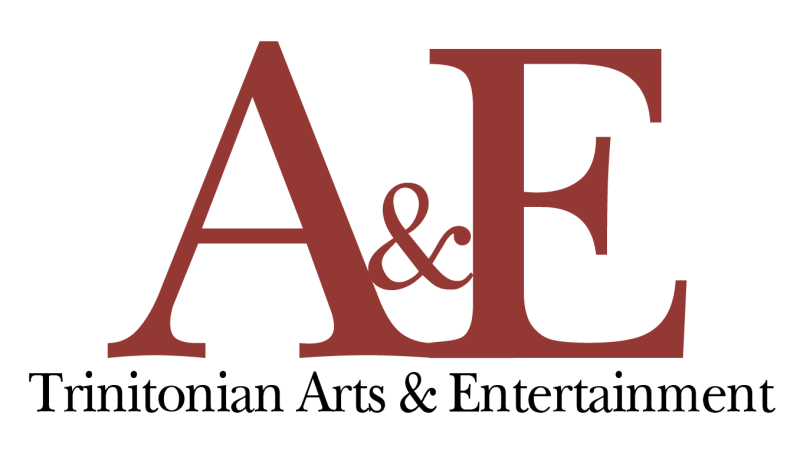The internet is abuzz with praise for Donald Glover’s “Atlanta”, which premiered on FX on September 6. The series also made a sneaky premiere on the network’s Facebook page, as they made the full first episode available at no cost, and behind no paywalls. It was a clear effort to increase awareness of the show, banking on long-term sustained viewership.
The move is surprising, given cable television’s traditional zeal. Their revenue comes from ad space and cable subscriptions, and posting episodes on Facebook produces neither. Although the episode has since been taken down, the unconventional decision reveals the conviction that “Atlanta” would be best served by a cultural hype-train, regardless of the live numbers.
The numbers were good, as the show opened to the best viewership for any basic cable comedy since 2013. It’s clear that “Atlanta” is already operating from a position of cultural cachet, and FX seems to be keenly aware of this. As a multi-talented star, Donald Glover has a following from his sitcom days in NBC’s “Community”, as well as fans of his music under the stage name Childish Gambino.
Posting the full premiere on Facebook is another mark of their awareness. Historically, cable networks in particular have had a troubled relationship with online content, since their deals with cable providers make it harder to partner with web distributors. But there are eyes on the internet, and eyeballs are what television executives have for breakfast.
Take “Game of Thrones”, for instance. The HBO superhit has broken numerous online piracy records, and it’s been the most illegally downloaded show for many consecutive years. Back in 2014, HBO’s CEO Jeff Bewkes said to Forbes, “It all leads to more penetration, more paying subs, more health for HBO,” and called their record-breaking piracy “better than an Emmy.”
In reality, the premium cable service has been less than cool with online swashbucklers, sending thousands of notices to internet service providers, asking them to take steps to prevent further downloading. HBO cannot be faulted for defending their content, but it’s been argued that “Game of Thrones” owes a good amount of its cultural hegemony to the internet’s boundless distribution of otherwise copyrighted content.
Surrendering paid views in favor of cultural awareness is always a gamble. Nobody is thrilled about it, but everybody has to do it. It’s definitely a hard balance to find, one which is arguably outside of the control of network heads or content creators. There is no set pattern for how shows rise to meteoric success, or which series never make a ping on our collective radar. But with television markets as saturated as they are, making a tradition of free premieres might not be a bad idea







